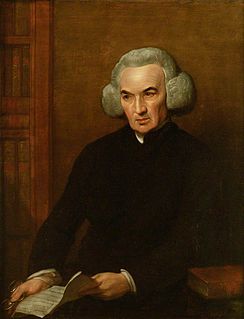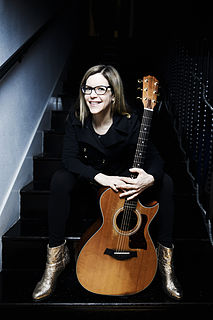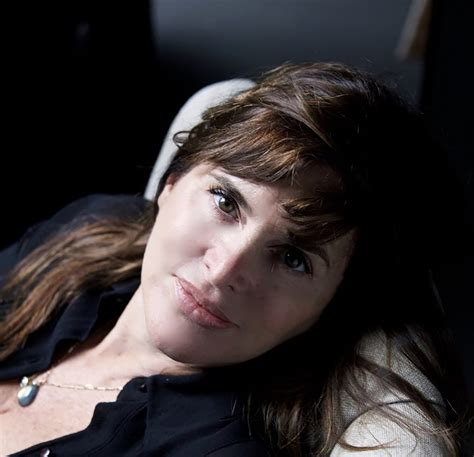A Quote by Richard Price
You don't write about the horrors of war. No. You write about a kid's burnt socks lying in the road.
Related Quotes
People write about getting sick, they write about tummy trouble, they write about having to wait for a bus. They write about waiting. They write three pages about how long it took them to get a visa. I'm not interested in the boring parts. Everyone has tummy trouble. Everyone waits in line. I don't want to hear about it.
I write about the power of trying, because I want to be okay with failing. I write about generosity because I battle selfishness. I write about joy because I know sorrow. I write about faith because I almost lost mine, and I know what it is to be broken and in need of redemption. I write about gratitude because I am thankful - for all of it.
Camera lies all the time. It’s all it does is lie, because when you choose this moment instead of this moment, when you… the moment you’ve made a choice, you’re lying about something larger. Lying is an ugly word. I don’t mean lying. But any artist picks and chooses what they want to paint or write about or say. Photographers are the same.
Camera lies all the time. It's all it does is lie, because when you choose this moment instead of this moment, when you... the moment you've made a choice, you're lying about something larger. 'Lying' is an ugly word. I don't mean lying. But any artist picks and chooses what they want to paint or write about or say. Photographers are the same.
I thought I could capture the stories of the city on paper. I thought I could write about the horrors of the city. Horror stories you see. I tell you I didn't have to look far for material. Everywhere I looked, there were stories hidden there in the dark corners. . . . I wrote and still there were more. . . . No one would publish them. 'Too horrible,' they said. 'Sick mind,' they said. I thought I could write about the horrors of the city but the horror is too big and it goes on forever.
There's a lot of material from my life in my books, but they're not really autobiographical, in the sense that they're not about my life. So, in 'A Feather on the Breath of God' I write about my parents, I write about this Russian immigrant, I write about the world of dance, but it isn't an autobiography; so much is left out.


































